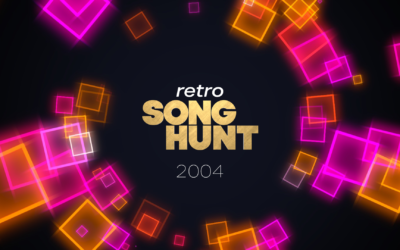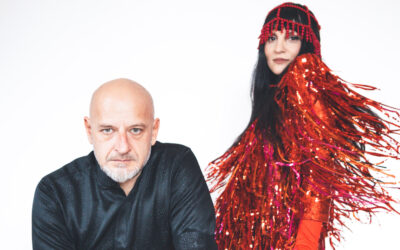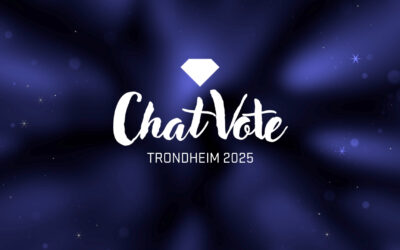title image © YLE
We always enjoy the Australian final here at escgo! and in our chat. There’s a fairly simple reason for that – while members of our community do come from all around the world, ESC being ESC, the bulk of them are based in Europe (the only continent that begins with an “E”, as Annely Peebo will happily inform you). And the novelty of a morning national final in our time zone is too much to resist!
So we gathered with coffee and brunch for another enjoyable show from the always exotic-sounding Gold Coast. It was standard Australian fare – lots of representation, plenty of glamour, the occasional car crash vocal – although it was hampered a little by the unavailability of a reliable web feed (unlike in previous years – what changed, SBS?!). The jury and televote system produced one of those classic “through the middle” results: Jaguar Jonze topped the list with the experts, the rockers from Voyager were the favourite of the public (and our chat, for that matter) – and in the end, the song that came second with both halves of the vote took the victory. That song is “Not The Same” by 23-year-old Sheldon Riley, who duly becomes the antipodean nation’s seventh Eurovision representative!
At the other end of the experience scale, a chart-topping band fronted by a 42-year-old took the victory in Finland. That sentence only tells part of the story, though. The band in question are The Rasmus, whose “In The Shadows” was inescapable in 2003 and pulled in all kinds of awards along the way.
Beating off the competition in another Uuden Musiikin Kilpailu field that boasted variety and strength in depth, The Rasmus won the ticket on Saturday night by winning the favour of the jury and the televote alike. Ordinarily we’d call their win the “Måneskin effect”, but if anyone has a history of sending rock to ESC, it’s the Finns. Lauri Ylönen and his band will be hoping to better the 6th place that Blind Channel achieved in Rotterdam last year – a high bar to aim for, but they won’t be short of confidence.
As much as we would like it to, the Eurovision Song Contest doesn’t exist in a bubble, and it was with some relief that this week saw the EBU taking the right decision and excluding Russia from this year’s competition following that country’s appalling invasion of neighbouring Ukraine. There were complaints in some places that it took so “long” for the decision to be made, but we’re talking about an organisation that requires the approval of its member broadcasters in a collaborative approach, not just the say-so of one person on social media. In that context, taking a day or two to respond to an unprecedented situation, and make sure everything is done correctly and with the right backing, seems entirely reasonable. And while it’s always regrettable to lose a participating country under ordinary circumstances, it would have been wholly inconceivable for a Russian entry to take the stage in Turin in May.
Of course, ESC 2022 will not be the first contest to be held under the shadow of war. We were watching as younger fans when Slovenia, Croatia and Bosnia and Herzegovina made an emotional debut in the competition in Millstreet in 1993 as the Yugoslav Wars raged – with Fazla, the representatives from the latter country, having to make a run for the plane simply to be there at all. And while an invasion by an external aggressor is obviously different to the bloody fragmentation of a country from within, the same principle applies to Ukraine as far as representation at ESC is concerned: we are pleased that Kalush Orchestra’s entry has since been uploaded to the official channel, as this indicates a desire and intention for Ukraine to take part at ESC 2022 no matter what happens. A lot can change in two and a half months, for the worse and for the better – but it’s safe to say that, if they do make it, the Ukrainian delegation will enjoy as welcoming a reception in Turin as the Irish audience gave to those Bosnian entries in the mid-1990s.









0 Comments